What makes you a serious musician?
Have you ever had this fear that other musicians wouldn’t take you seriously if they knew you were doing *something else*? Like I’ve had side hustles and kept them quiet, but when I started doing Timani, I thought it was obvious that it makes my playing better - that’s the point. So I was surprised when I gave a workshop earlier this year and the orchestra manager asked me, “So you were a flutist right?” I said: “I am a flutist.” He chuckled and replied, “Sure, once a flutist, always a flutist, right? ”
Stomach drop, worst fear realized.
But two days later I was subbing in a professional orchestra and I’ve been playing mostly principal there for the last 2 months. I’m a flutist. I also teach cool things that make musicians’ lives better because I don’t think everyone should have to learn them the hard way like me.
Have you ever had any of these thoughts?
If you have to take a paycheck for anything other than playing, you’re not a “real musician”: if you don’t win X, it means you aren’t talented enough; if that’s true, then your only hope is to put in more hours in the practice room. More lessons, more repertoire, more gigs, more auditions, more singular focus - and less sleep. If you don’t do it by a certain age it just isn’t possible. If you don’t succeed it’s your own fault. Oh, and it’s supposed to hurt - no pain, no gain, right?
I’ve had all of those. Now? It smacks of stress, feeling not-good-enough. Biologically speaking, this isn’t how you learn and grow. It’s a state for survival, for getting by. It’s not how you develop your fine motor coordination and bolster your mental resilience. And it’s not your fault. It’s what you’ve learned and observed in others for most of your musical career. You’re not broken. You can change it.
My experience started to shift when I gave up believing my path was supposed to look like everyone else’s. That I could get somewhere I’ve never been before, on my own, by doing more of the same. Timani has been one thing that helped me get off the hamster wheel.
It’s been a lot like learning a new language. At first there’s a lot of rote memorization and too much concentration just to ask where the toilet is. But suddenly one day you notice you‘re having a conversation without thinking - your intention comes out effortlessly because you eventually absorbed the work. In the beginning, I was using all my willpower to lift my flute using THIS muscle and not THAT muscle. Now, I have a few exercises that make me feel warmed up before I start playing, and then I just play. When I feel like I need more of X, Y, or Z, I have some more exercises I can sprinkle in. Every week it seems like I have a new thing to play with and observe how it makes my playing easier and more beautiful. It feels like peeling back layers of all the ways I’ve been holding myself back - and revealing more of the hard work I put in through the years. The more I work in this way, the more automatic it becomes. The more automatic it becomes, the more I get to enjoy and focus on the music.
In our concert Thursday night, instead of freaking out about that chord’s intonation or worrying about that solo coming up, I could stay curiously aware. I have tons of positive commands I can give myself in the moment, finely tuning as I go in a natural and effortless way without taking my focus away from the music. And I had so much FUN! This is wholly empowering.
I have to say I don’t think I’m particularly special - if you have a body, then you have the possibility to play music freely and joyfully. And I believe it is your right.
If any of this speaks to you or you’re curious to learn more, send me a message and we can chat about it.
Originally written 18 October, 2020

